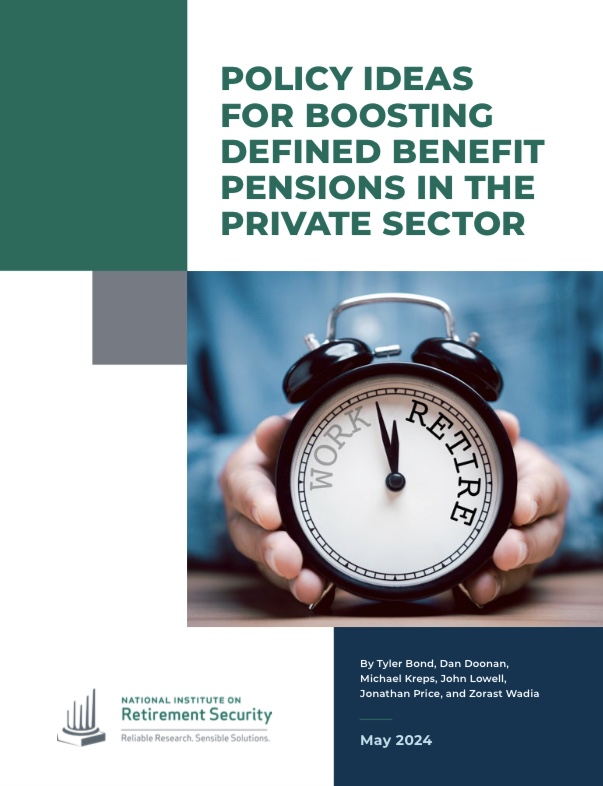Improving Pension Information: Experimental Evidence on Learning Using Online Resources
By Denise Laroze, Charles Noussair, Gabriela Fajardo, Ximena Quintanilla, Paulina Granados, Pedro Vallette & Mauricio López Tapia When planning for retirement, deciding what to do with one's pension funds is a high-stakes, one-shot decision. It is often described in technical jargon that few people understand. Not surprisingly, individuals find the pension selection process stressful. As a consequence, many pay for advice or miss out on benefits they are eligible for because of the opacity of the retirement process. We consider...










